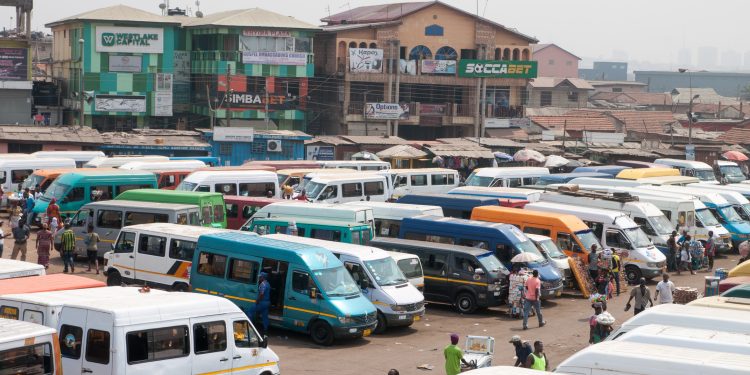Commercial drivers across Ghana are expressing growing frustration over the newly implemented 15% reduction in public transport fares, describing it as unfair and economically unsustainable in light of persistently high vehicle maintenance costs and soaring spare parts prices.
While the reduction officially took effect nationwide on Saturday, May 24, 2025, enforcement has been inconsistent, leading to confrontations at lorry stations and confusion among passengers and transport operators alike.
Drivers say fare cut ignores real costs
Many drivers say the directive to cut fares by 15%—announced jointly by the Ghana Private Road Transport Union (GPRTU) and the Ghana Road Transport Coordinating Council (GRTCC)—only accounts for recent reductions in fuel prices, while completely overlooking other major expenses that are rising or remain unchanged.
They argue that the 15% fare reduction, though tied to recent drops in fuel prices, fails to consider other operational expenses such as spare parts, engine oil, and maintenance costs, which have either remained constant or risen significantly.
Many drivers also raised concerns about the fairness of basing fare decisions solely on fuel price movements.
Licensing fees, insurance premiums, taxes, and the ever-increasing cost of spare parts, they argue, continue to erode their already narrow margins.
For the drivers, the fare cuts may sound good politically, but do not reflect the day-to-day financial realities they face on the road.
Fuel down, but nothing else
The fare reduction was introduced to reflect the declining cost of fuel following the appreciation of the Ghanaian cedi.
As of May 21, 2025, the cedi had appreciated significantly—24.1% against the US dollar, 16.2% against the British pound, and 14.1% against the euro.
This strengthening helped lower fuel prices at the pumps, prompting transport unions and regulators to announce the fare cut as a form of relief for commuters.
However, drivers argue that pegging transport fares solely to fuel prices is simplistic.
Patchy compliance fuels passenger discontent
The fare reduction has seen varied implementation across the country.
While some drivers have adjusted their charges as directed, many have not, resulting in angry confrontations with passengers.
Over the weekend, several lorry stations witnessed heated exchanges between commuters who demanded to pay the new fares and drivers or mates who insisted on charging the old rates.











